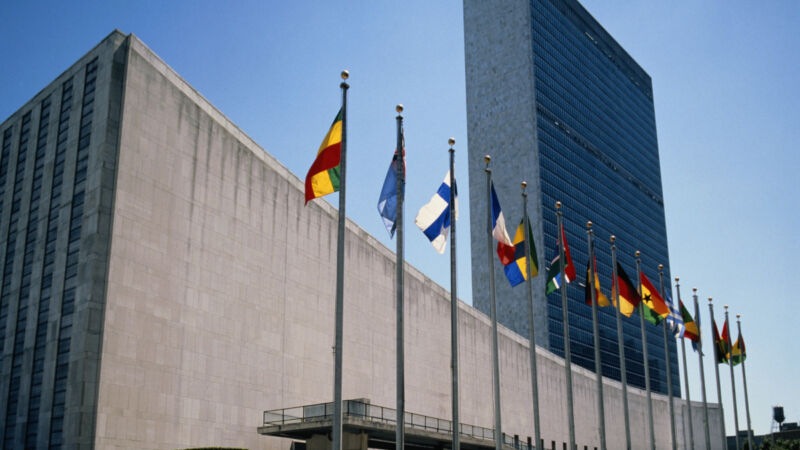 For a long time, pirate site blocking was regarded as a topic most U.S. politicians would rather avoid.
For a long time, pirate site blocking was regarded as a topic most U.S. politicians would rather avoid.
This
remnant
of the SOPA defeat drove copyright holders to focus on blocking efforts in other countries instead.
Those challenging times are now more than a decade old, and momentum is shifting. After more than forty countries around the world instituted site-blocking measures, U.S. lawmakers may be more receptive to revisiting the topic.
This week, MPA Chairman and CEO Charles Rivkin announced that the movie industry group is going to work with Members of Congress to
enact judicial site-blocking legislation
in the United States. The RIAA will likely join this effort, as music industry groups have joined similar blocking efforts in other countries too.
The site-blocking quest is undoubtedly going to fill plenty of headlines in the U.S. media, as it remains a hot topic. That’s quite a contrast to what we see in other countries, including the UK, where similar measures have been in place for many years.
UK Site Blocking Lull
Following requests from movie studios, record labels, publishers, sports leagues and broadcasters, hundreds of websites are blocked in the UK today. This translates to many thousands of domain names, as proxy sites and backup domains are also included. The precise number of websites and associated domains, including their variants and IP addresses, is difficult to report accurately due to a lack of official documentation; certainly, the shifting nature of dynamic blocking doesn’t make reporting any easier.
The UK mainstream press hasn’t shown much interest in the topic in recent years. When the MPA obtained the
first-ever
blocking order against a cyberlocker two years ago, the BBC
didn’t even mention it
.
Meanwhile, UK blocking efforts have expanded considerably, not just by numbers, but also in scope. Without any public announcement, search engine Google joined the effort and since 2022, the company has voluntarily removed domain names
from UK search results
if these are covered by existing ISP blocking orders.
We
uncovered
these Google delistings by accident and the involved parties subsequently confirmed this blocking expansion. However, Google itself remained quiet for a long time, perhaps due to its previous
anti-blocking stance
.
17,317 Flagged URLs
Google’s delisting of pirate sites in the UK remains ongoing today. There are no official announcements on this front, but the search engine’s transparency reports published
by Lumen
provide some insight into this activity.
For example, we can see that music industry group BPI reported 1,470 pirate site URLs to Google this month, asking the company to delist them entirely. The BPI added the relevant court orders to all requests and Google complied by removing most domains from its UK search results.
Looking further back, we can see that BPI has asked Google to delist 17,317 URLs from its search engine over the past two years.
These requests
are separate from regular takedown notices, as the full domains are completely removed from search results.
Inflated Numbers
The 17,317 figure is significant but requires nuance. It includes various proxy subdomains as well as subdomains of stream-ripping services. The latter are used to actively evade Google removals and site-blocking itself.
In addition, the BPI has a habit of occasionally
double-listing
domain names in their requests, or submitting identical domain names in multiple requests. This further inflates the totals.
Caveats aside, it’s probably safe to say that thousands of domain names have been delisted by Google in response to site-blocking orders. These domains provide, or at least used to provide, access to hundreds of pirate sites. This includes The Pirate Bay and many of its proxies, which have been completely stripped from Google’s top results in the UK.
Needless to say; if site-blocking legislation eventually makes its way to the United States, we can expect to see similar efforts there. However, we don’t think that will happen so quietly.
From:
TF
, for the latest news on copyright battles, piracy and more.


 For a long time, pirate site blocking was regarded as a topic most U.S. politicians would rather avoid.
For a long time, pirate site blocking was regarded as a topic most U.S. politicians would rather avoid.


